Signs You’re Using Too Much Laundry Detergent
Washing machine woes are a nuisance for anyone. A non-working washing machine makes it difficult to get clothes clean, while a noisy device disturbs the peace in one's home. Yet, signs of improper machine usage can be much more subtle. Wear and tear on the appliance can go undiagnosed for months or years, slowly weakening its efficacy. One way to break down the washing machine without noticing it is using too much laundry detergent. Although it is a common practice, there are adverse effects when using too much detergent. We'll discuss three common signs that a washing machine is getting too much soap and how to prevent soap-related quandaries for the washing machine.
Foul odors coming from the washing machine
Counter to what most people may think, a washing machine getting too much soap builds up in areas that can't be seen. The buildup starts to grow mold and bacteria that cause it to stink. A stinky washing machine is a clear indicator that the appliance needs a tune-up, and the person doing the wash should use less detergent in the future.
Clothing has spots or dullness
Murky clothes with white spots or have lost their brightness due to the washing cycle could signify that the soap quantity is over the appropriate amount. Excess detergent is hard to wash out properly and leaves spots behind.
Too many suds in the cycle
If the washer overflows or leaves suds behind after a wash, try using less laundry detergent. An overflowing appliance also implies other plumbing issues that require a checkup. Do not ignore when a washing machine is extra bubbly, even if it doesn't seem to be a problem initially.
Long term effects of too much soap in a washing machine
Front-loading washers require less soap when they are on high-efficiency cycles. The process uses less water and smaller amounts of detergent to get clothes clean. That's why the cycle takes longer. While the above implications of too much soap usage may not cause immediate cause for concern, the long term effects of too much soap might cause:
Dingy or ruined clothing
Malfunctioning washing machine or a potentially broken appliance
Need for repair or replacement sooner than later
More costs on energy usage and detergent purchases
Drainage or plumbing problems
Fix these issues by using detergent in a manner appropriate to the type of wash cycle and machine. A front-loading washer requires no more than a tablespoon or two of powder detergent. Two teaspoons of liquid detergent can do the job with a high-efficiency machine and an average wash of between 10-12 lbs. Keep in mind that detergent companies make money on customers buying more and more of their products, so they are generous with suggestions on detergent usage.
Pro tip: Measure out the proper amount of detergent for your average laundry load and make a small mark on the cap of the bottle so you don't have to dirty a spoon every time and can get just the right amount.
Many use too much detergent, and it makes sense because pods, powder soap, and liquid detergent suggest that we use much more than we truly need. Common signs of too much laundry detergent usage are foul odors in the laundry room, chalky clothes, and seeing suds left over after a wash. Limit the amount of soap used per load specific to the load's size. For the future benefit of your pants and pockets, this is not a situation that calls for excess.
Freedom Appliance of Tampa Bay has 13 years experience in providing professional refrigerator and freezer repair, dishwasher repair, microwave repair, oven, stove, and range repair, washing machine and dryer repair, and other small appliances repair. We also specialize in kitchen and laundry appliance installation and dryer duct cleaning. .Call 813-302-7672 today!

